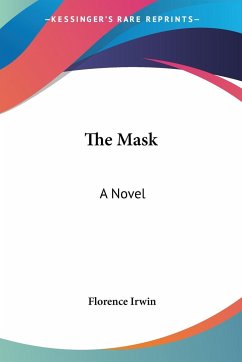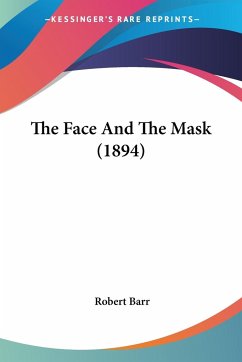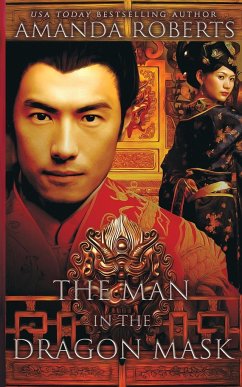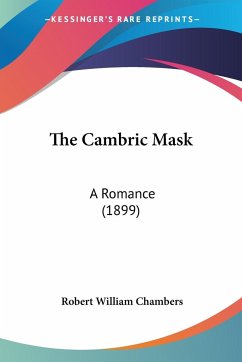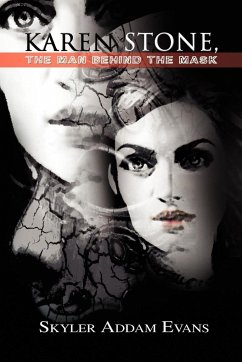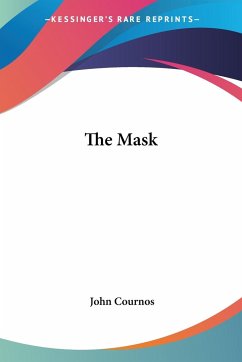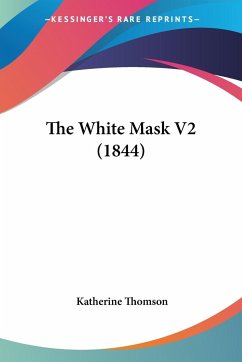Nicht lieferbar
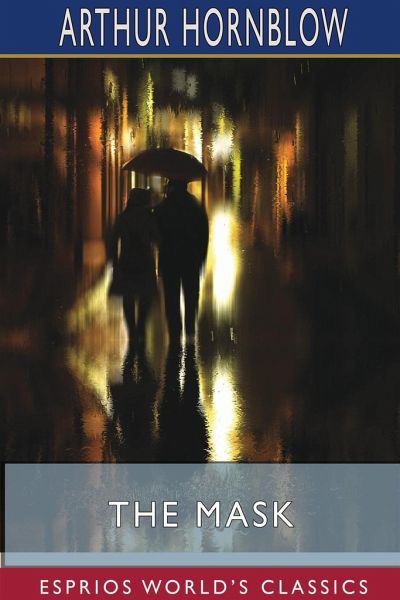
The Mask (Esprios Classics)
Illustrated by Paul Stahr
Versandkostenfrei!
Nicht lieferbar
"Advices from Cape Town report the finding on a farm near Fontein, a hundred miles north of here, of a diamond which in size is only second to the famous Koh-i-noor. The stone, which is in the shape of an egg with the top cut off, weighs 1,649 carats, and was discovered after blasting at the foot of some rocks on land adjacent to the tract owned by the Americo-African Mining Company of New York. It is understood that the American Company is negotiating for the property; some say the transfer has already been made. If this is true, the finding of this colossal stone means a windfall for the Yan...
"Advices from Cape Town report the finding on a farm near Fontein, a hundred miles north of here, of a diamond which in size is only second to the famous Koh-i-noor. The stone, which is in the shape of an egg with the top cut off, weighs 1,649 carats, and was discovered after blasting at the foot of some rocks on land adjacent to the tract owned by the Americo-African Mining Company of New York. It is understood that the American Company is negotiating for the property; some say the transfer has already been made. If this is true, the finding of this colossal stone means a windfall for the Yankee stockholders."






